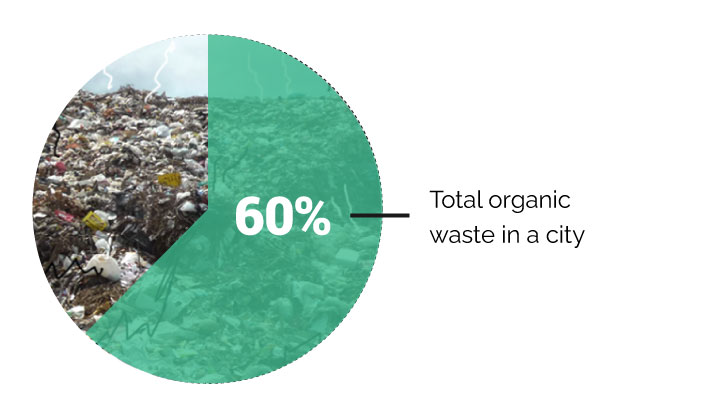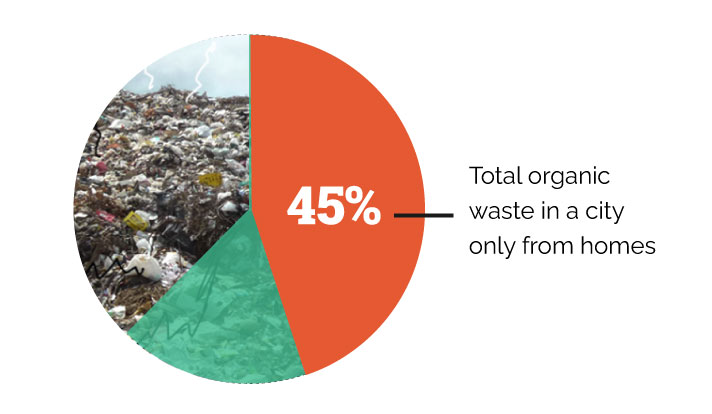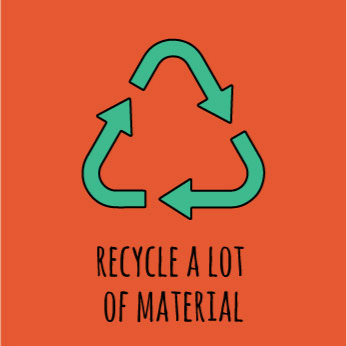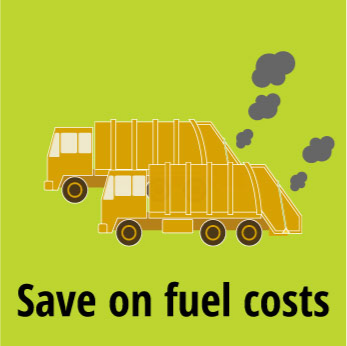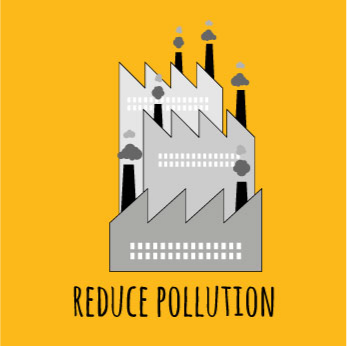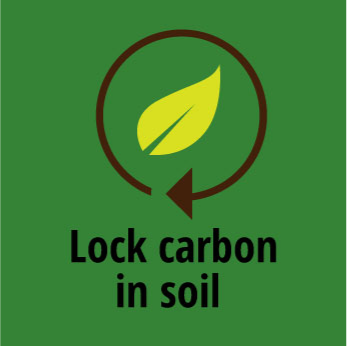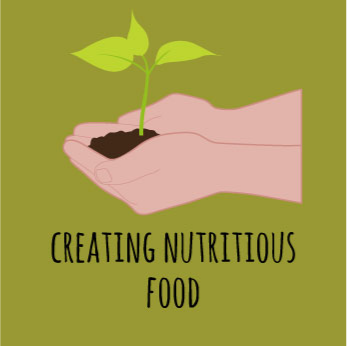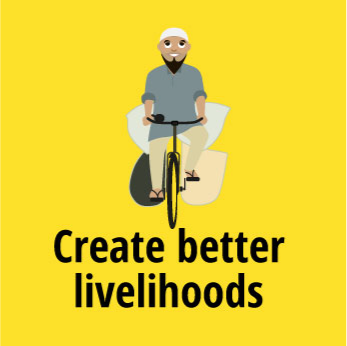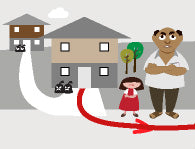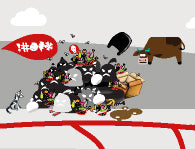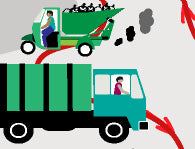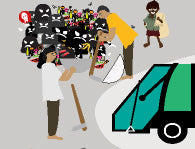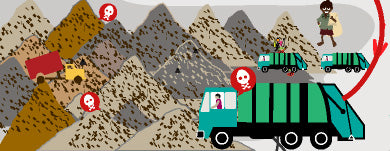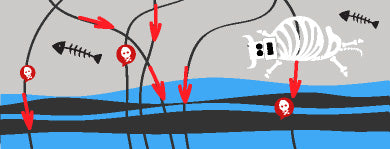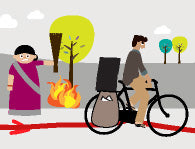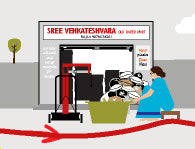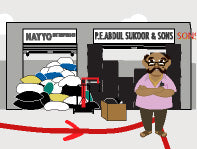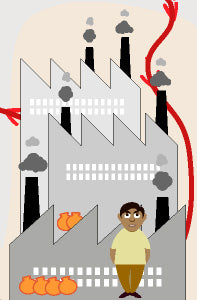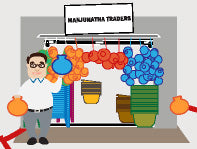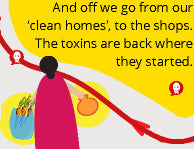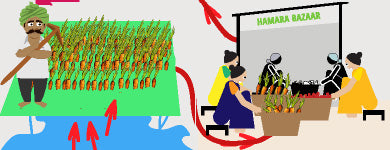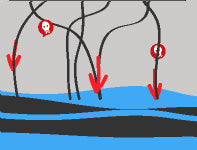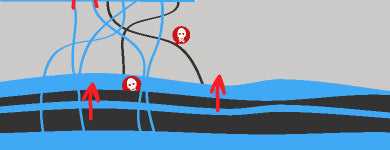What is the purpose of waste in cities?
Our Answer:
The purpose of waste in cities is to remind us that we are connected!
All our work is guided by this understanding and we see it as our job to re-imagine and reinforce these connections, for ourselves and for our customers.

This is how your individual action makes a difference
Most of the organic waste in a city comes from our homes.
Grow the movement !
Individual actions matter. It starts small and then the movement grows. If you change the way you shop, use and throw and if you compost, it makes a HUUUUUGE difference.
You begin inspiring others!
All this while creating nutritious food by composting at source.
Check out the desktop version to see the whole story!
This is what we see of waste every day - waste workers taking garbage from our 'clean' homes 'away'
The dump on street corners frustrates us, but we keep adding to them -while cows and dogs eat plastic while trying to find food.
The waste is taken to the next transfer point while polluting and leaving a foul trail in the air
Mixed waste is touched daily by workers who must lift and haul with primitive tools, packing compactor trucks with the city's dump
Waste travels far until it reaches a landfill site where tonnes of mixed garbage is dumped daily. Scavengers and nearby villagers suffer the stench and disease.
The leechate from landfills is a toxic soup containing (among other poisons), battery acid and mercury. This seeps into the earth contaminating groundwater.
Meanwhile, close to home, a sweeper burns leaves as she is tired of hauling. A collector goes from dump to dump, filling his sack with valuables he finds in each trash pile. He is able to see value where we don't.
The nearby paper mart buys this from him and aggregates waste like milk packets, newspaper and plastic bottles until there is enough to sell to a wholesaler.
The wholesaler has more space to stock materials. Dry waste is further segregated by hand here - based on quality, colour and other factors.
Off it goes to a factory or processing unit where recyclable glass, plastic, metal and paper is made into other products - often in cramped polluted spaces, where worker safety and health is compromised.
New products go back into the market to be sold as pots or buckets or bottles or books.
The polluted water feeds the seeds the farmer has planted and gets into the produce that is finally sold in the market.
Industry also lets toxins into water bodies, the atmosphere and land - so though recycling helps, there are limitations.
Not far away, borewells are dug to irrigate fields and supply water to homes. All polluted by toxins, of course.


